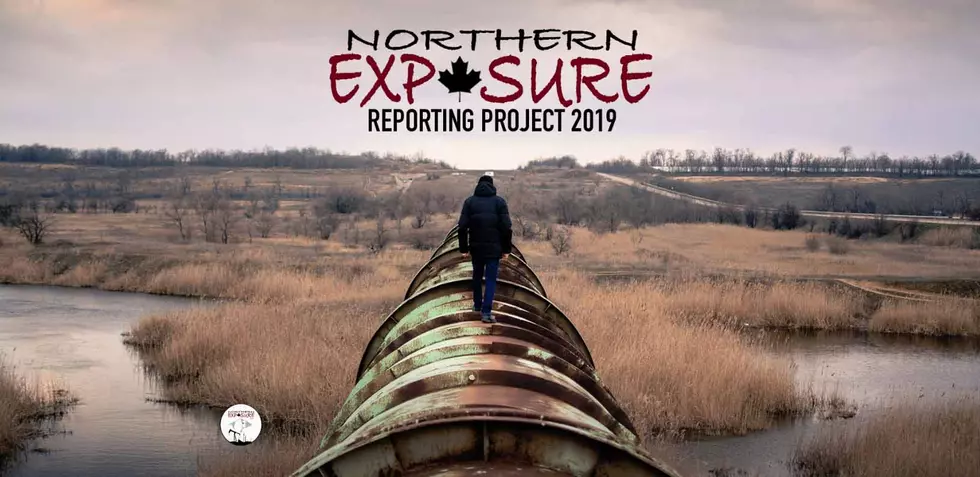
UM journalism students heading to Canada to report on tar sands, oil pipeline
Eight University of Montana journalism students will journey through western Canada this month to report on energy and environmental issues, including a proposed oil pipeline expansion project.
The student reporters will investigate how the project could drastically affect not only our northern neighbor’s energy economy, but that of the United States as well.
After spending the spring semester researching the issues and organizing the logistics, the student journalists will spend three weeks producing stories across a variety of media.
They will focus on energy policy, First Nations perspectives, wildlife conservation and other topics related to oil sands development and the proposed Trans Mountain pipeline expansion, which was recently purchased by the Canadian government in order to fast-track its construction – despite growing opposition from the British Columbia government and many First Nations.
“This is an extraordinarily interesting time for a team of journalists to explore Alberta and B.C.,” said UM adjunct journalism instructor Jeff Gailus, an experienced environmental journalist from Alberta who will lead the group to the oil sands and then along the route of the Trans Mountain Pipeline to Vancouver. “There’s a pitched battle going on between the Alberta, British Columbia and federal governments that will have a significant impact on Canada’s economy, and perhaps even influence whether Canada can continue to provide the U.S. with so much of its imported oil.”
Albertans recently elected a new conservative government that has declared “war” on anyone who opposes or criticizes Alberta’s oil-based economy, threatening to cut off the supply of oil and gas to B.C. if it doesn’t green light the Trans Mountain Pipeline expansion project, which is slated to transport oil sands crude to terminals in southwest B.C. and northwest Washington state.
This policy is diametrically opposed by the B.C. government and dozens of First Nations, which have said the pipeline project will never proceed. Meanwhile, the federal government owns the pipeline and also is trying to figure out how to honor its Paris Accord commitments to reduce Canada’s carbon emissions by 2 percent annually.
“There’s a lot of conflict surrounding this proposed pipeline expansion, and several important factors will determine if, or whether, the project goes forward or not,” said group member Kevin Trevellyan, an environmental journalism graduate student. “That’s part of what makes this trip so appealing.”
This international reporting experience is the latest edition of the Montana Journalism Abroad course, which allows adventurous students to sharpen on-the-ground reporting skills in foreign locales, where complex, meaningful stories are waiting to be discovered. The project presents a unique opportunity for students to follow their reporting instincts across a wide range of relevant subjects.
“The issues surrounding the proposal are almost limitless,” Trevellyan said, “and they present a great opportunity for us to challenge ourselves and grow as journalists.”
This UM journalism course has taken students around the world. Former groups have reported on South Korea’s urban centers, investigated the Tadoba-Andhari Tiger Reservein India, followed the refugee crisis in Germany and studied the aftermath of the earthquake and nuclear meltdown in Fukushima, Japan.
